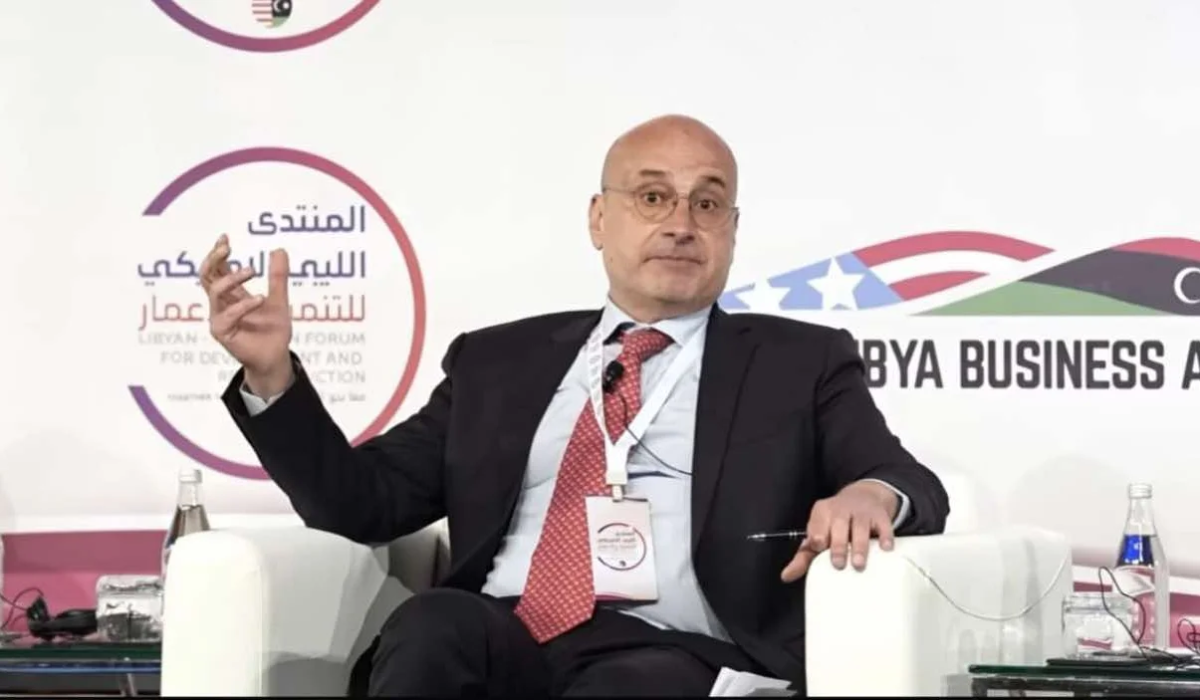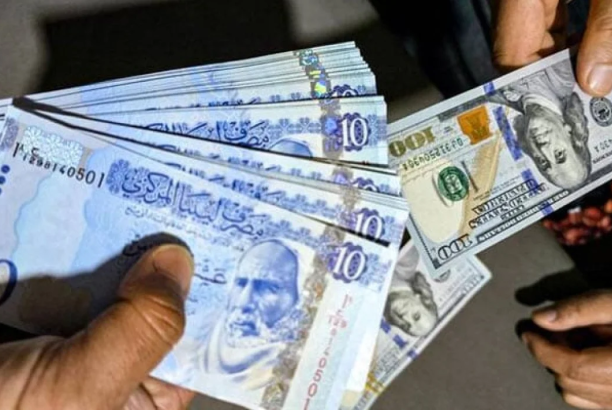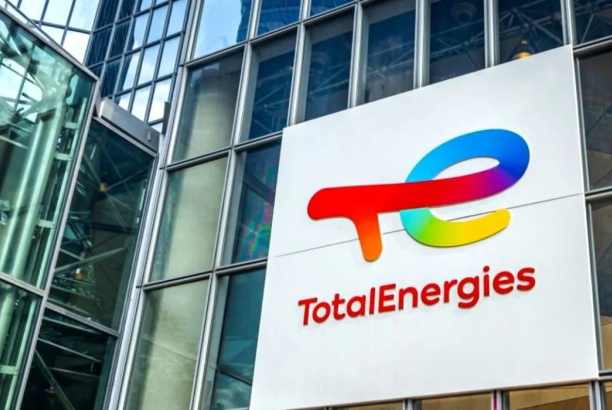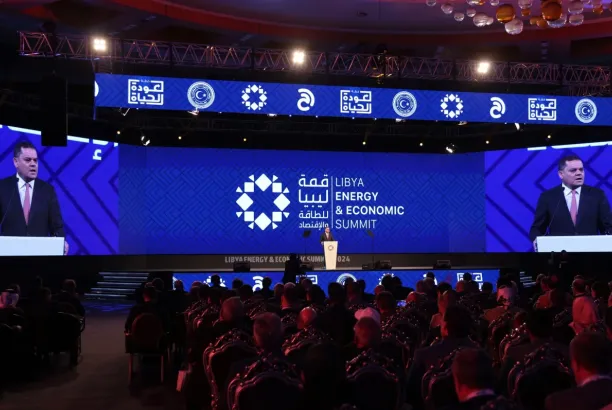
| Reports
Al-Bouri: Without Controlling Public Finances, the Central Bank Has Only Two Options: Either Tap Reserves or Devalue the Currency
The Italian news agency Nova reported on Thursday, citing former Chairman of Assaray Bank for Trade and Investment, Naaman Al-Bouri, that despite Libya’s vast oil resources, the country spends more foreign currency than it earns from oil sales. If the tax system is not restored, the Central Bank of Libya will be forced to devalue the Libyan dinar to address the growing foreign currency deficit.
In an exclusive interview with Nova, Al-Bouri explained that Libya’s foreign currency expenditures exceed its oil revenue. With a deficit exceeding $5 billion in the first seven months of the year, such a financial measure becomes necessary if fiscal reforms are not adopted, alongside the limited revenue and public expenditure system in Libya.
He pointed out that Libya cannot borrow from international markets and relies on oil sales for approximately 95% of its revenue. To meet the increasing expenditure requirements of the western and eastern governments, the Central Bank has only two options to maintain economic activity: either devalue the Libyan dinar or withdraw from its sovereign reserves, which total around $84 billion.
The latest Central Bank report confirms the imbalance between revenues and expenditures highlighted by Al-Bouri: in the first seven months of the year, dollar revenues from crude oil sales and royalties totaled $13.9 billion, compared with foreign currency investments and obligations of $19.1 billion. This difference—technically known as the balance of payments—amounted to a cumulative deficit of $5.2 billion by the end of July, similar to the deficit recorded in June.
Al-Bouri emphasized that the key condition to resolve Libya’s public finance problem is a political solution. The existence of two governments in Tripoli and Benghazi prevents the creation of a unified state budget. To achieve this, institutions in the west and east must first be unified, after which a single budget can be established—a situation that has persisted in Libya for years and has also hindered the Central Bank from controlling itself.
He added that the Central Bank uses two different financing mechanisms for the competing governments: the Tripoli government relies mainly on oil revenue, while the Benghazi government relies on monetary financing, i.e., issuing public debt. This dual mechanism results from massive public spending and mutual distrust, as neither administration wants to disclose to the other how resources are spent. Consequently, the Central Bank branches in Tripoli and Benghazi effectively operate as separate institutions, each serving its respective government.





